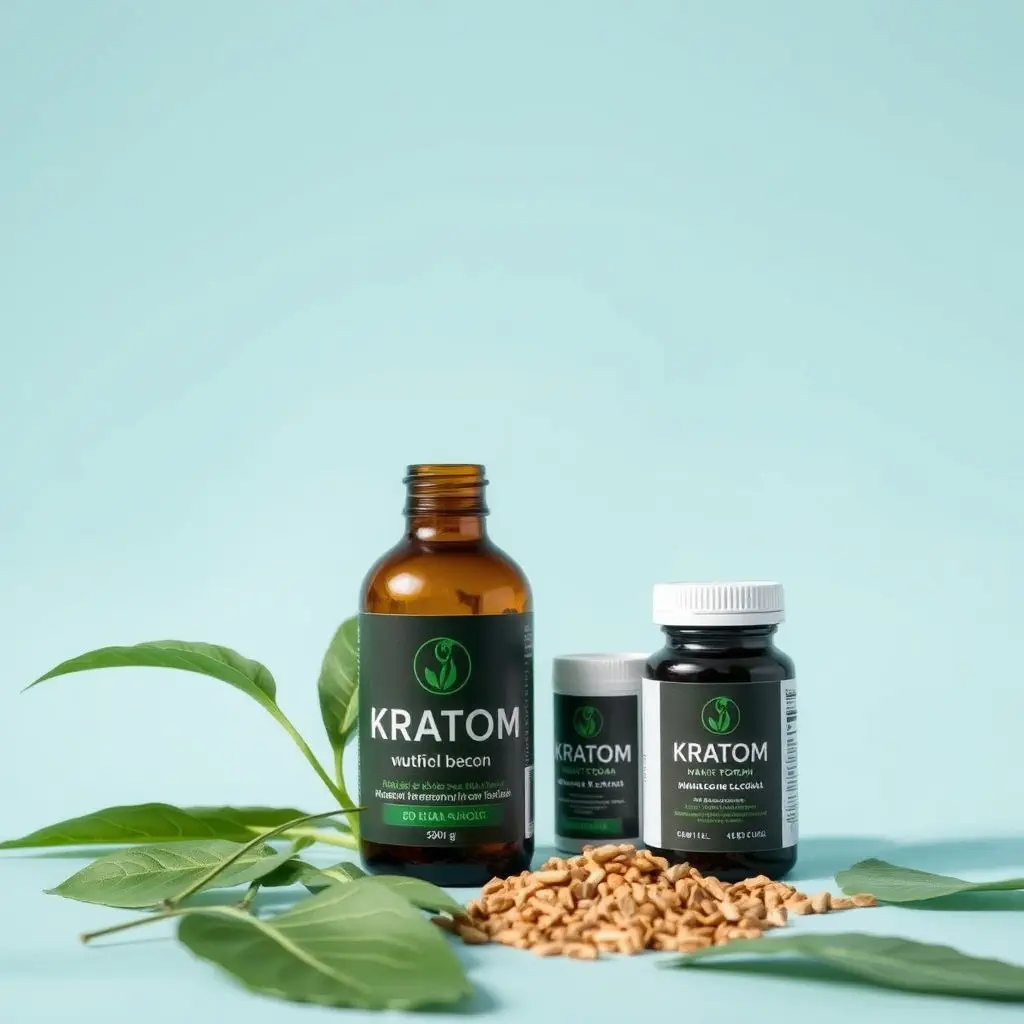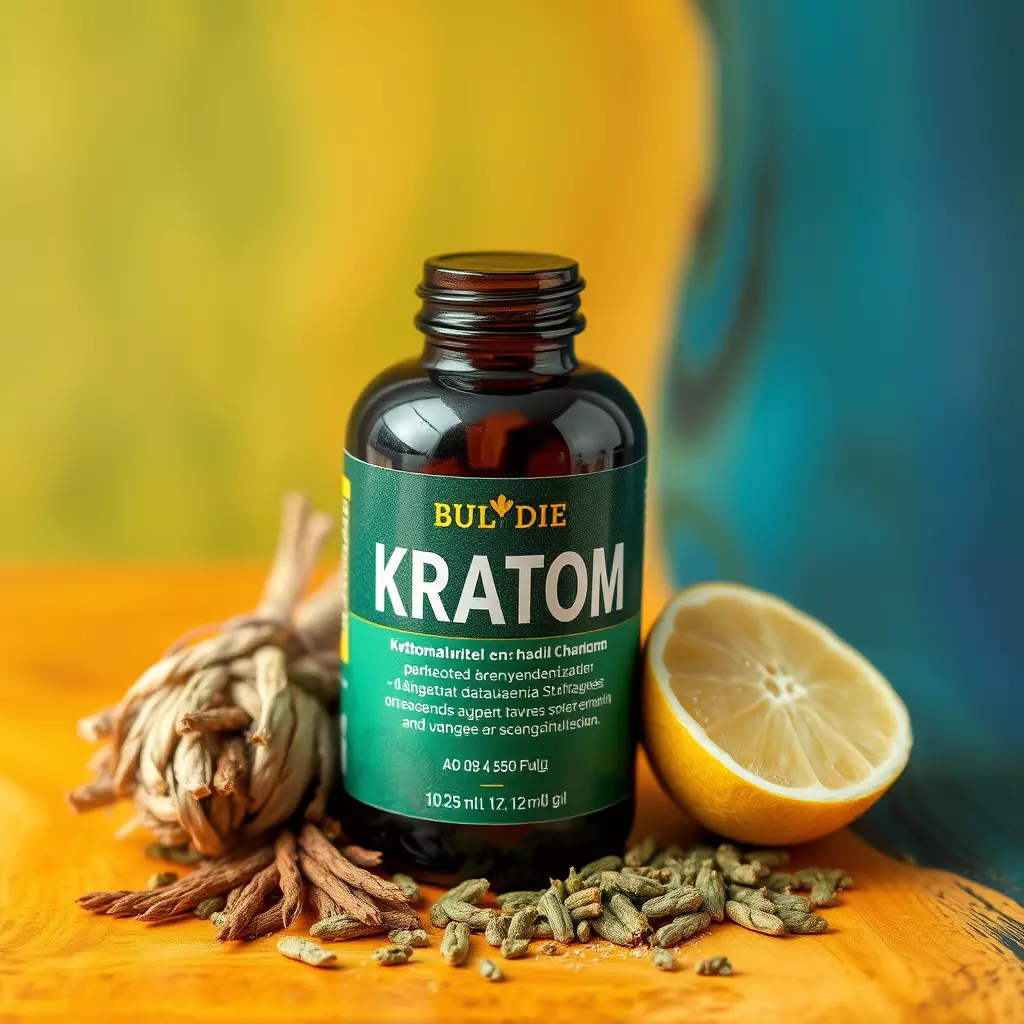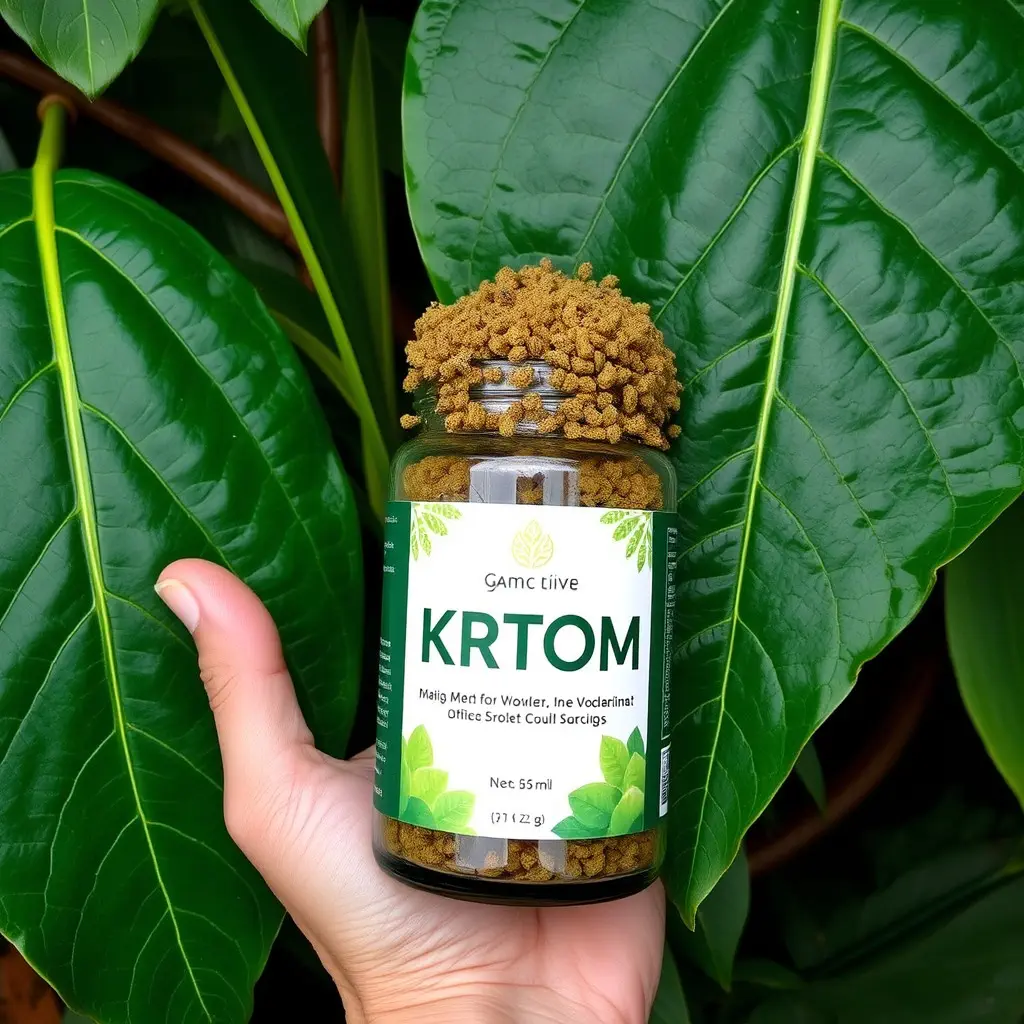In New Jersey, the legality of kratom as a supplement for athletic recovery is governed by a changing legal landscape. Kratom, derived from the Mitragyna speciosa tree, has been recognized for its potential to aid in pain management and mood enhancement, which can be beneficial for athletes during their recovery phase. However, its legal status fluctuates; after being initially classified as Schedule I, a court order allowed kratom to be sold as a dietary supplement with certain restrictions, emphasizing the need for continuous monitoring of these regulations. It's crucial for individuals in New Jersey to verify the current laws regarding kratom use before incorporating it into their training recovery strategies, given the state's specific guidelines and vendor purchasing limitations. The safety and efficacy of kratom in recovery are subject to ongoing scientific research, and its inclusion in a recovery plan should be done under professional guidance to ensure compliance with legal standards and to minimize health risks. As of early 2023, kratom is legal in New Jersey but requires careful consideration within a broader recovery framework that includes balanced nutrition, hydration, adequate sleep, and moderate physical activity for optimal athletic performance and overall well-being.
exploration into the integrative role of kratom within athletic recovery protocols, this article aims to illuminate how kratom can be incorporated into post-training regimens. With a focus on its legality—such as its status in New Jersey—”Training Recovery Strategies with Kratom Guidance” delves into the nuances of kratom’s legal landscape and its potential benefits for athletes seeking optimal recovery. Whether you’re an athlete or a trainer, this piece offers valuable insights into crafting effective recovery plans that harness the unique properties of kratom, ensuring you stay informed on both its applications and legalities in sports-related contexts.
- Navigating Kratom Legality and Training Recovery: Is Kratom Legal in New Jersey?
- Understanding Kratom's Role in Post-Training Recovery Strategies
- Crafting Effective Recovery Plans with Kratom Use: A Guide for Athletes and Trainers
Navigating Kratom Legality and Training Recovery: Is Kratom Legal in New Jersey?

When integrating kratom into a training recovery regimen, athletes and fitness enthusiasts in New Jersey must first navigate the complex legal landscape surrounding this botanical supplement. Kratom, derived from the leaves of the Mitragyna speciosa tree native to Southeast Asia, has gained popularity for its potential beneficial effects on pain management and mood enhancement, which can be particularly advantageous during the recovery phase of training. However, the legality of kratom varies by state, and as of the knowledge cutoff date, it remains a gray area in New Jersey. The state initially placed kratom into the Schedule I category of controlled substances in 2017, effectively banning its sale, possession, and distribution. Yet, following a legal challenge, a court order allowed kratom to be sold as a dietary supplement under certain conditions. This situation underscores the importance for individuals in New Jersey to stay informed about the latest legislative updates affecting kratom. It’s crucial to verify current local laws and regulations before considering kratom as part of a training recovery strategy. Prospective users should also be aware that while kratom may be legally accessible, its use is subject to strictures and may require adherence to specific vendor guidelines and purchasing limitations. Understanding the legal status of kratom in New Jersey is the first step for athletes seeking to incorporate this supplement into their recovery protocols, ensuring compliance with state laws and promoting safety and well-being.
Understanding Kratom's Role in Post-Training Recovery Strategies

When athletes or individuals engaged in rigorous training seek to optimize their recovery, understanding the role of kratom within post-training routines can be beneficial. Kratom, a plant-based mitragynine speciosa, has garnered attention for its potential therapeutic properties. Its active components may influence the body’s pain reception and mood regulation, which are crucial aspects in recovery. For those curious about kratom’s legal status, it’s important to note that the regulatory landscape varies. As of the knowledge cutoff in 2023, is kratom legal in New Jersey? The answer is affirmative; kratom is legal in New Jersey, though its legality is subject to change and may differ across states. Users should always verify the current legal status in their jurisdiction before incorporating it into their recovery strategies.
Incorporating kratom into post-training recovery strategies must be approached with a nuanced understanding of its effects. Strains such as Maeng Da or Bali can provide pain relief, which can aid in muscle recovery after an intense workout. Additionally, some users report that kratom helps mitigate fatigue and promote a sense of well-being, which can be advantageous for those looking to recover effectively. However, it’s crucial to use kratom responsibly; its interaction with other substances or medications can be significant. Users should consult with healthcare professionals before integrating kratom into their recovery regimen, especially given the evolving research on its efficacy and safety.
Crafting Effective Recovery Plans with Kratom Use: A Guide for Athletes and Trainers

Crafting effective recovery strategies is paramount for athletes and trainers seeking to enhance performance, minimize injury risk, and maintain overall well-being. Mitragyna speciosa, commonly known as kratom, has gained attention in various athletic circles for its potential role in post-exercise recovery. As with any supplement, it’s crucial to understand the legal status of kratom before incorporating it into a regimen. For instance, is kratom legal in New Jersey? The legal landscape can be complex; as of my knowledge cutoff in early 2023, kratom is not explicitly banned at the federal level in the United States, but its legal status varies by state and locality. In New Jersey, kratom is currently legal, though its future regulation may change. This ambiguity underscores the importance for athletes and trainers to stay informed on the evolving regulations surrounding kratom use.
When considering kratom as part of a recovery strategy, it’s essential to approach its use with caution. Kratom contains alkaloids that can influence the body’s opioid receptors, potentially providing pain relief and promoting relaxation, which are beneficial for recovery. However, due to its potency, it should be used judiciously and in accordance with professional guidance. Athletes and trainers looking to integrate kratom into their recovery plans should do so under the supervision of a healthcare provider or a knowledgeable coach. This oversight is critical to ensure safe dosing and to avoid any negative interactions with other substances or training regimens. Additionally, it’s important to combine kratom use with other established recovery techniques such as proper nutrition, adequate hydration, sleep optimization, and active recovery practices like stretching or light cardiovascular activity. By doing so, individuals can create a holistic approach to recovery that supports their athletic goals and promotes long-term health and performance.
In conclusion, navigating the intersection of kratom legality, particularly in states like New Jersey, with effective training recovery strategies is a multifaceted endeavor. The article has elucidated how kratom can play a role in post-training recovery, offering insights into crafting robust recovery plans tailored for athletes and trainers. It’s clear that understanding both the legal landscape concerning kratom use and its potential benefits is crucial for those seeking to enhance their recovery process. As with any supplement, it’s imperative to approach kratom with caution, adhering to local regulations such as those in New Jersey, and integrating it into a comprehensive recovery strategy under professional guidance. With the right approach, kratom may serve as a valuable tool in an athlete’s recovery arsenal, contributing to improved performance and well-being.






